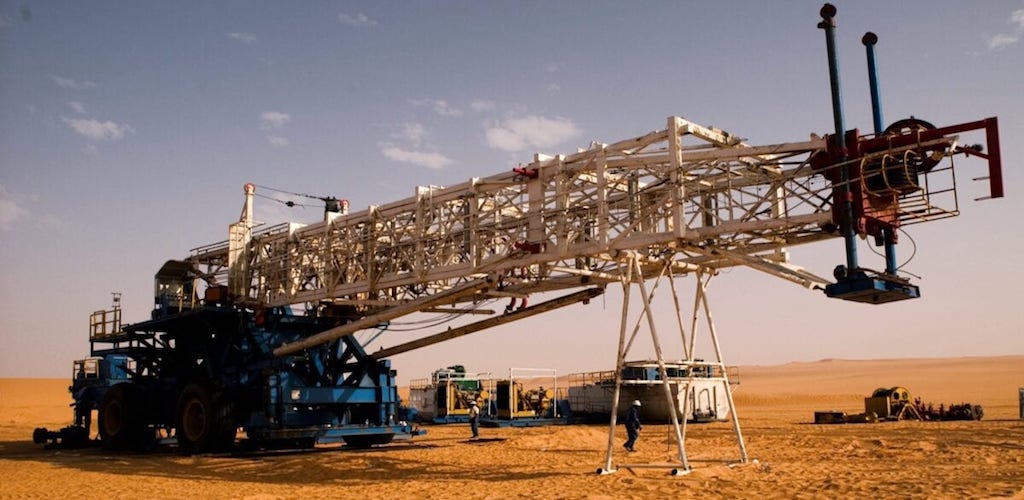Feb 12 | 2021
(Global) Up to US$1.9 Trillion Over 10 Years

National oil companies could invest US$1.9 trillion in oil and gas projects over the next 10 years, providing support for breakbulk activity in the sector, according to research by the Natural Resource Governance Institute.
An acceleration in the global energy transition from fossil fuels to cleaner energy, combined with the sharp fall in oil prices last year, has led many forecasters to paint a gloomy outlook for the oil and gas sector, but NRGI predicts that significant investment may still forthcoming.
“National oil companies will have a major influence on the success of the push for a managed decline in fossil fuel production worldwide. If international oil companies and private investors make good on their stated ambitions to move away from hydrocarbons, state actors may be even more tempted to step in and fill the gap in oil production,” said Patrick Heller, NRGI advisor.
Risks Ahead
The firm’s report nonetheless suggests major risks for NOCs that plan oil and gas projects, as the potential for stranded assts increases over the next decade.
“A huge amount of state investments in oil projects will likely only yield returns if global oil consumption is so high that the world exceeds its carbon emission targets. This risky spending has major implications for the economic futures of national oil companies’ home countries," Heller said.
The NGRI report estimates that state-owned oil companies in developing and emerging countries including Algeria, Mexico and Nigeria might collectively invest more than US$365 billion in such high-cost projects.
Policy Change
The report’s authors highlight several specific challenges facing NOCs in the Middle East and North Africa, or MENA, and incentives that may lead to loss-making projects as global regulation shifts rapidly over the next decade and projects with higher breakeven will struggle.
“Authorities in many producing countries risk pushing ahead with new investment regardless of what is economically and ecologically feasible, and the outcomes could be dire … They could pay off, or they could pave the way for economic crises across the emerging and developing world and necessitate future bailouts that cost the public dearly,” Heller added.
Headquartered in New York, the NRGI is an independent non-profit organization.
Subscribe to BreakbulkONE and receive more industry stories and updates around impact of COVID-19.
